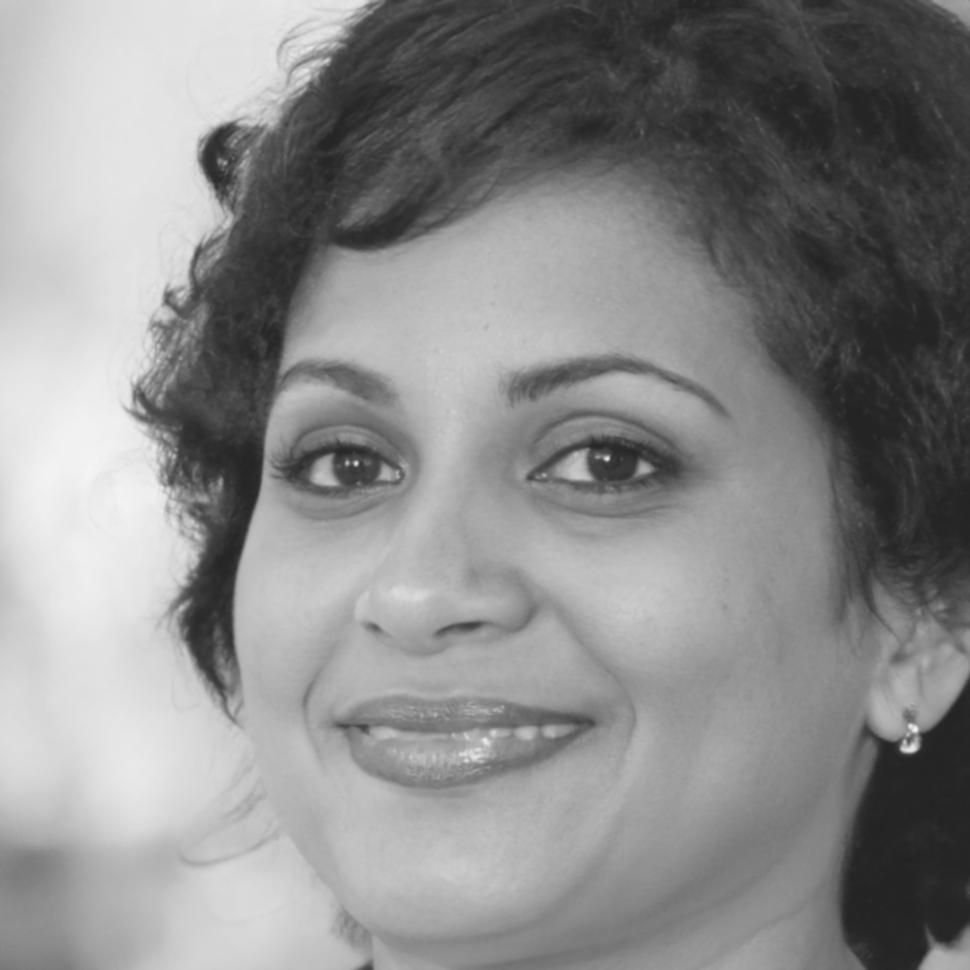Before You Begin Your Financial Journey

Ready to take control of your finances? Before jumping in, let's make sure you're prepared for success. A good financial plan isn't just about crunching numbers — it's about understanding your relationship with money and setting realistic goals.
What You'll Need
- Recent bank statements (last 3 months)
- List of regular monthly expenses
- Current debt information (credit cards, loans, etc.)
- Rough estimate of your monthly income
- 30 minutes of uninterrupted time per week
Don't worry if you don't have everything perfect — you can always refine as you go. The key is just getting started!
Mindset Matters
Budgeting isn't about restriction — it's about freedom. By knowing where your money goes, you gain the power to direct it where you want. Think of this as creating a road map for your financial journey.
Many of our students say the hardest part was just taking that first step. Once they began tracking their spending, they felt an immediate sense of control.
Start Small
You don't need to revamp your entire financial life overnight. Begin by tracking your spending for just one week. Notice patterns without judgment — this awareness alone can spark positive changes.
Remember, every financial expert started as a beginner. Progress happens one step at a time.


